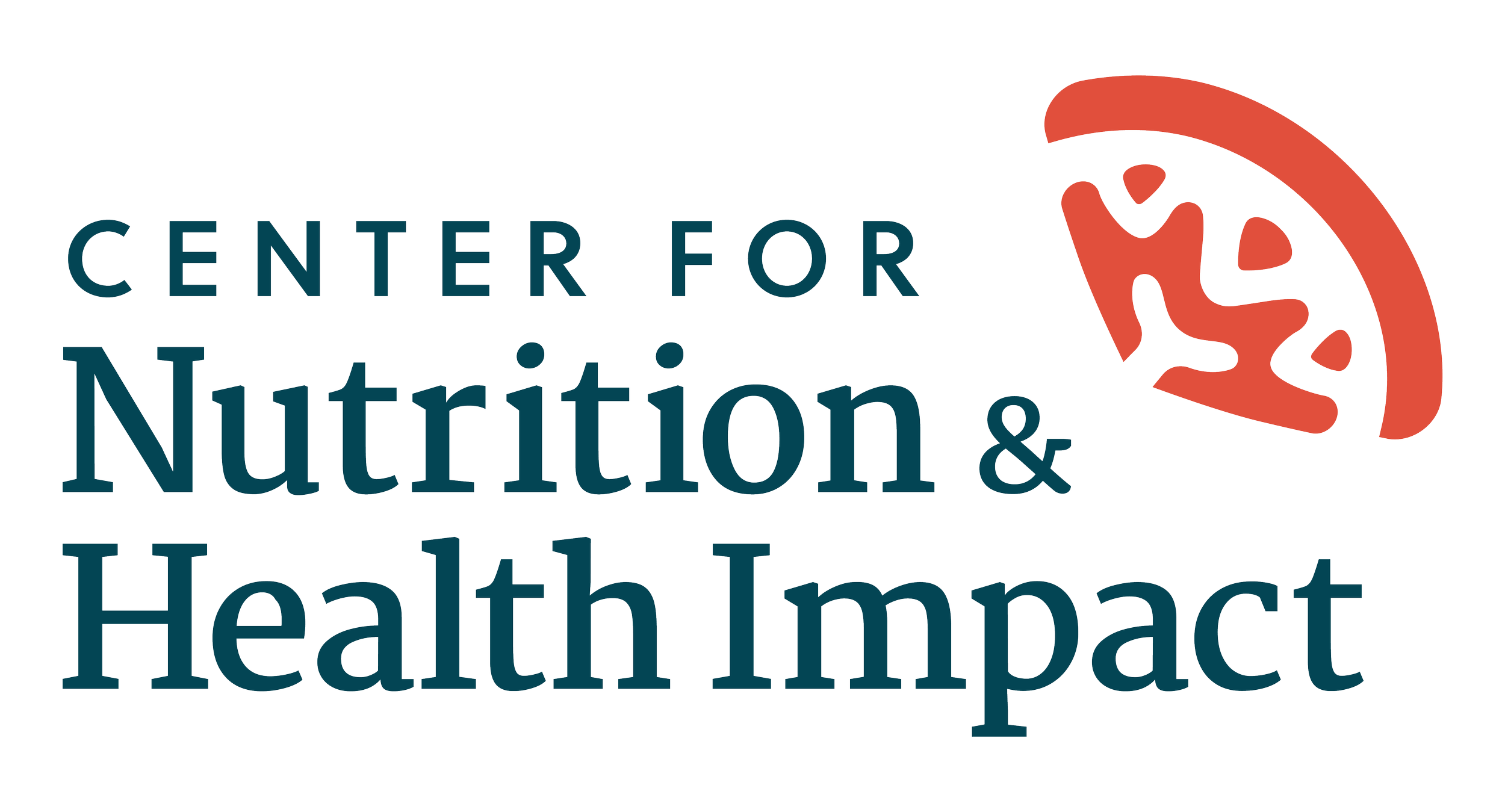December 2023 Nutrition Notes
December 2023 Nutrition Notes
------- + -------
A Message from our Executive Director
The Farm Bill is the most critical piece of farming legislation and the biggest investment in U.S. food systems.
It has been transforming our agriculture, food systems and communities for over 90 years, from providing farmers with farm commodity support and crop insurance coverage, to creating healthy food access for millions of Americans with limited income through federal nutrition assistance programs. According to the U.S. Department of Agriculture’s (USDA) Economic Research Service (ERS), more than 75 percent of the 2018 Farm Bill’s spending was allotted to 16 nutrition-related programs, including the Supplemental Nutrition Assistance Program (SNAP), Special Supplemental Nutrition Program for Women, Infants, and Children (WIC), National School Lunch Program (NSLP) and more.
The five-year Farm Bill also funds the Gus Schumacher Nutrition Incentive Program (GusNIP), a program administered by USDA that continues to yield a “trifecta” of benefits across the country.
Since its inception in 2019, GusNIP has been a resounding success: over $270 million in funding has gone to nearly 200 projects across the country. The GusNIP Year 3 Impact Findings report emphasizes the powerful impact of GusNIP-funded projects, reporting that people who utilize nutrition incentive and produce prescription programs consume more fruits and vegetables than the average U.S. adult and improve their overall food security.
The evidence is clear: the Farm Bill, food security and nutrition security are inextricably linked. Federal food assistance programs funded by the Farm Bill are life-changing and we need to protect and expand them at all costs.
Ensuring all Americans have access to enough food for an active, healthy life is a bipartisan issue. The 2023 Farm Bill presents a major opportunity for both sides of the aisle to collaborate on increasing food and nutrition security. The Center for Nutrition and Health Impact (formerly the Gretchen Swanson Center for Nutrition) will continue working with partners and policymakers to support resilient, sustainable, equitable food systems and further the goal of healthy food access for all.




